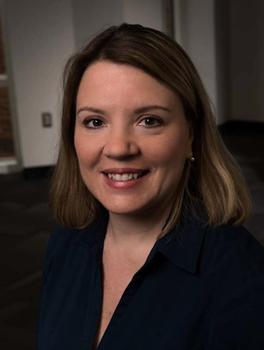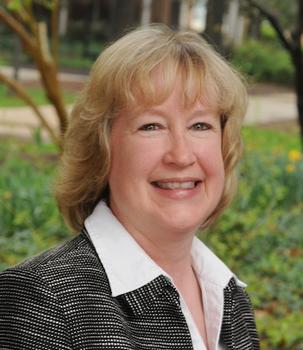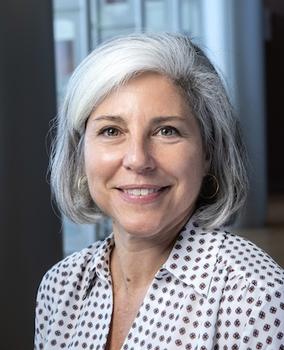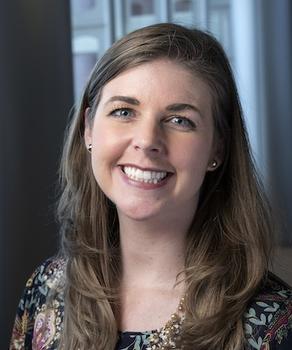Two new Virginia Department of Education grants to George Mason University’s School of Education promise to facilitate a pipeline of well-qualified special education teachers in the commonwealth.

Kelley Regan, a professor in Mason’s Special Education Program, was awarded funding to support two initiatives.
“Although these are two separate awards, they both address the preparation of provisionally licensed special education teachers serving students who access the general education curriculum,” said Regan. “One award provides these teachers with a tuition stipend, and the second award focuses on coaching their development as special educators.”
Working with Regan as co-principal Investigators on one of these projects, Traineeships for Education of Special Education Personnel (Special Education-General Curriculum K-12), are Mason faculty members Pam Baker, Margaret (Peggy) Weiss, and Kristen O’Brien, all associate professors in the Special Education Program.
The goal of this grant is to maintain and expand Mason’s Cohort Outreach Program, which provides high-quality special education teacher training for employed Virginia teachers. If a school division has at least 20 employed individuals who are provisionally licensed and need to complete their Special Education: General Curriculum K-12 five-year, renewable state license, the individuals are provided a 25% discount per 3-credit class. The state grant provides teachers in these cohorts with a tuition stipend to complete a 3-credit licensure course during any single semester.

The course delivery modes vary, and the Mason team collaborates with division staff and the special education advisors to support the coordination and recruitment of cohort members.
“We have had a long-standing partnership with our district partners, delivering more than 110 cohorts,” said Baker, who serves as division director of special education and disability research and the outreach program coordinator at Mason. “Support from the Virginia Department of Education for our students makes an incredible difference in how accessible our programs continue to be.”
Regan, Baker, and Weiss are also co-principal investigators on the second project titled Traineeships for Special Education Personnel: A Dynamic Coaching Outreach Program in Special Education: General Curriculum, also known as DCOP. The award supports the School of Education’s teaching internship course (EDSE 783) for provisionally licensed teachers in the cohorts.

This grant focuses on using technology to provide provisionally licensed teachers with timely and relevant performance-based feedback while in the classroom. It also facilitates a more dynamic coaching experience during the required 10-week internship of provisionally licensed teachers enrolled in Mason’s general curriculum (K-12) licensure program.
Weiss provided an overview of the different technologies that have been integrated into this project. “We call it ‘eCoaching’ where we use email, Zoom, video capture, and bug-in-ear technology to provide delayed and immediate feedback to our students as they are teaching,” Weiss said. “It has been a great success. Our newest eCoaches value this model of supervision.”
As the program advancement liaison in the school’s Division of Special Education, O’Brien orients cohort students to their internship, supports the onboarding of university supervisors, and works with the research team to expand the eCoaching model.

“During the internship, the teachers receive mentoring, coaching, and supervision from an on-site experienced special education teacher and a [Mason] faculty supervisor,” said O’Brien. “In 2023, 48 provisionally licensed teachers completed on-the-job internships. Each semester, 10 to 15 faculty members supervise these internships.”
Regan said the financial support provided by this award has allowed the research team to develop a flexible model of eCoaching and a series of professional development modules on eCoaching with built-in measures of fidelity. The team is conducting research to better understand the role of the coach and how eCoaching’s professional development influences their supervisory practice.
Regan believes that the eCoaching design has the potential for more widespread use in the future. “Not all on-the-job internships use eCoaching at this time, but the research team is piloting the model, and we are encouraged by the data outcomes so far,” she said.
According to Regan, the faculty involved in these projects have taught courses in the cohort outreach model and both grant initiatives closely align with their research interests in providing high-quality teacher preparation, which aligns with Mason’s strategic goal of meeting workforce demands.
Related News
- January 28, 2026
- January 27, 2026
- January 22, 2026
- January 21, 2026
- December 1, 2025
